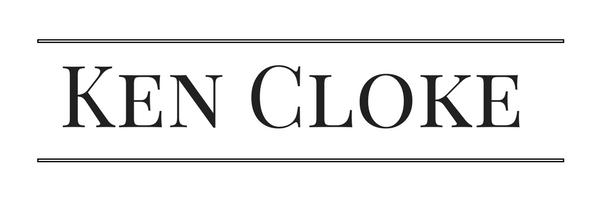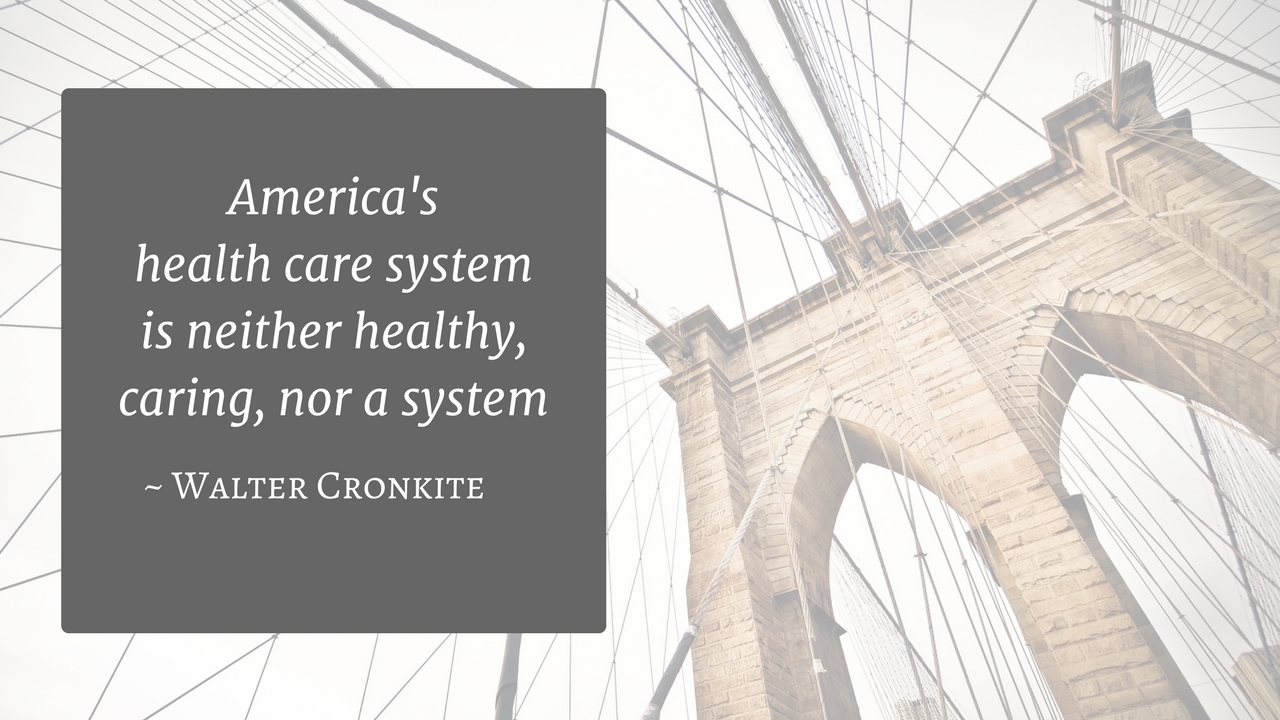Charlie Gard and the Attack on Obamacare: Why Every Country Needs Healthcare Mediation
“Doctors are men who prescribe medicines of which they know little to cure diseases of which they know less in human beings of whom they know nothing.” Voltaire
For those who followed the Charlie Gard crisis in the UK, or attacks on Obamacare in the US, or similar healthcare conflicts in other countries, the level of emotional outrage and apparent intractability have been obvious, and to many, appalling and unnecessary.
Illness and injury intimate death, and as a result, elicit intense emotions -- not only among patients and family members -- but healthcare professionals and those who work in the organizations responsible for saving lives.
At the same time, few patients, family members, doctors, nurses, hospital staff and administrators, are highly skilled in responding to these intense emotions, or adequately trained in empathetic communication, problem solving, collaborative negotiation, consensus building, mediation, systems design, and other conflict resolution skills.
Healthcare facilities experience chronic conflicts occur between doctors, nurses, staff, administrators, patients and families, flowing not from substantive disagreements over medical goals, but disrespectful communication, cultural differences, divergent personalities, misunderstandings, misuse of language, personal difficulties, emotional issues, miscommunications, differences in personal styles, insensitivity to feelings, lack of skill in responding to abrasive or manipulative behaviors, disappointments, and unmet expectations, most of which are preventable, manageable and resolvable.
These conflicts directly impact the quality of health care. They undermine teamwork and morale, increase resistance to improvements, raise costs, waste time, and occupy the conscious and unconscious attention of everyone involved, creating additional burdens on a system already groaning under the weight of reduced resources and highly stressful work.
Yet it is possible to imagine extending the injunction, “do no harm,” to cover not just medical interventions, but how healthcare conflicts are handled. For example, in the Charlie Gard case, a mediator might have asked each side to tell the others why they felt so passionately about these issues; or why they cared about him; or what they most wanted to hear from each other; or what they thought they could have done better; or what they learned from the conflict that might prevent future children from experiencing the same issues; or what they might still do to give his death meaning, so he will not have died in vain; or agree to create and contribute to a fund in Charlie Gard’s name to help educate healthcare professionals in ways of responding more skillfully to these issues.
Over the last 37 years I have mediated thousands of disputes, including many concerning wrongful death, medical malpractice, patient care, hospital operations, management of healthcare organizations, doctor-patient communications, doctor/nurse and nurse/nurse disputes, intensive care issues, nursing home conflicts, cultural differences regarding treatment and similar topics.
What has become clear to me as a result is that conflict resolution can play a critical role in every country -- not only in responding to the intense emotions and apparent intractability of healthcare disputes, but managing stress, reducing the costs of healthcare, designing preventative systems, and most importantly, helping people heal physically, emotionally, relationally and socially from the traumas caused by disease and chronic conflict. By doing so, step-by-step, person-by-person, conflict-by-conflict, we make the world a little better than it was before.

